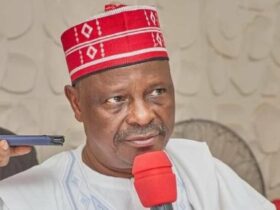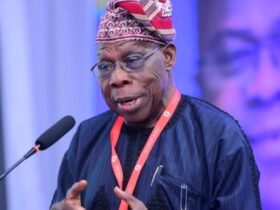
Dr. Akinwumi Adesina, President of the African Development Bank Group, has said that Africa is short-changed by climate change and could lose $25 billion a year as a result of the new European Union (EU) carbon tax.
Speaking at the Sustainable Trade Africa Conference in Dubai, Dr. Adesina expressed his concerns about the potential impact of the new EU carbon border tax on Africa’s trade and industrialization.
“With Africa’s energy deficit and reliance mainly on fossil fuels, especially diesel, the implication is that Africa will be forced to export raw commodities again into Europe, which will further cause the de-industrialization of Africa,” he said.
“Africa could lose up to $25 billion per annum as a direct result of the EU Carbon Border Tax Adjustment Mechanism.
“Africa has been short-changed by climate change; now it will be short-changed in global trade,”he added.
He also pointed out that Africa has been largely overlooked in the global energy transition, receiving only $60 billion, or 2%, of the $3 trillion invested globally in renewable energy over the past two decades. This trend, he warned, could adversely affect Africa’s competitive export capacity into Europe.
READ ALSO: Military Rescues Two Abducted Zamfara NYSC Members
Dr. Adesina advocated for Just Trade-for-Energy Transition (JTET) policies, which would support Africa’s renewable energy goals without hampering its trade prospects in a Year. He suggested that Africa could use natural gas as a transition fuel to stabilize its energy systems and support industrialization.
The conference also featured an address by Professor Benedict Oramah, President of the African Export-Import Bank (Afreximbank). He warned that rapid decarbonisation by fossil fuel-exporting countries in Africa could result in a $150 billion reduction in merchandise exports. This further underscores the challenges Africa faces in the wake of climate change and new global trade policies. #Year







Leave a Reply